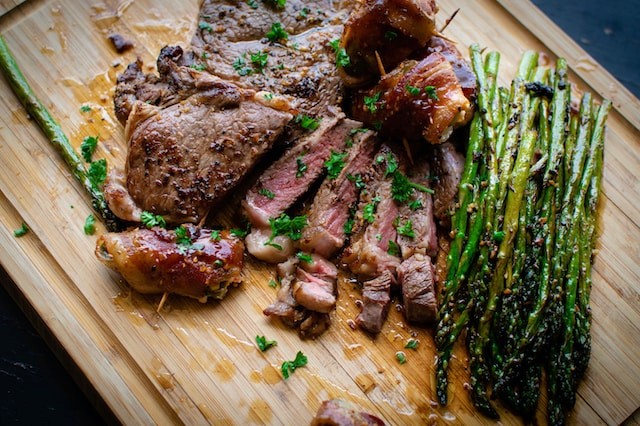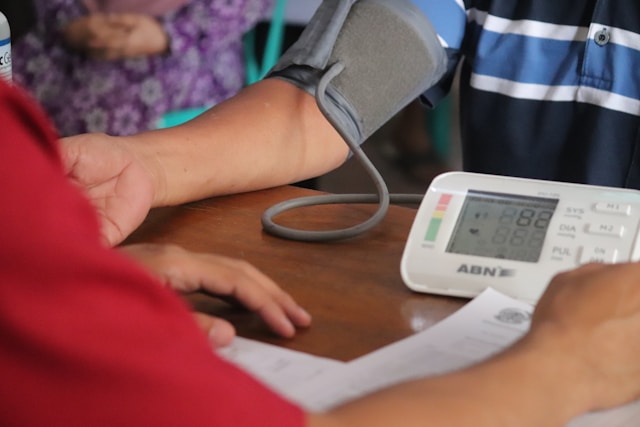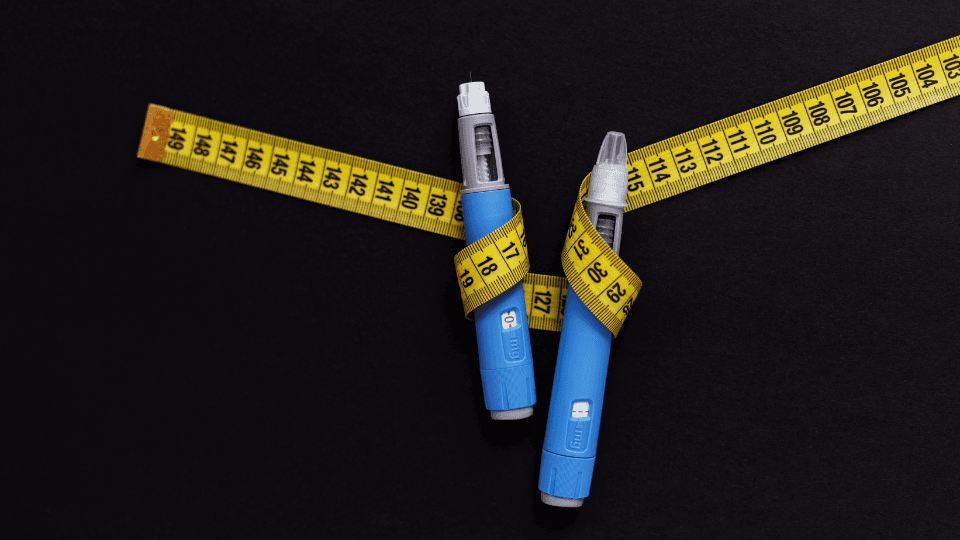Back
25 May 2023
Zinc 101

Dr Jarrad Van Zuydam | Sports Physician
Since the start of the pandemic, zinc has come to be prescribed as part of the treatment regimen for COVID.
But what does it do and is it effective for boosting your immune system?
What is it?
Zinc is a metal, element number 30 in the periodic table, and is considered an essential nutrient. After iron, zinc is the second most abundant micronutrient in your body and is present in every cell! Essential nutrients cannot be manufactured by our bodies and so must be consumed from dietary sources. Thankfully, zinc is naturally found in a wide variety of both plant and animal foods such as meat, egg and legume products. Foods that don’t naturally contain this mineral, such as breakfast cereals, snack bars and baking flour, are often fortified with synthetic forms of zinc. Global zinc insufficiency rates are estimated at more than 50%!
What does it do?
Zinc is required for many different processes in your body and deficiency can result in disruption of these processes.
Some of the more notable functions of zinc include:
Immune function
Protein and DNA synthesis
Growth and development
Wound healing
Various essential enzymatic reactions
Gene expression
May help to treat acne (small effect)
Decreases inflammation
There is some research to suggest that when zinc levels are low, insulin sensitivity and testosterone can decrease, and supplementation can bring levels closer to normal.
Zinc lozenges, in high doses, seem to reduce the duration of common colds, though it's unclear if they reduce the risk of getting colds in the first place or the severity of the symptoms. Their effects are largely limited to throat and nasal symptoms, and high doses tend to come with some mild side effects like nausea and a metallic taste in the mouth. Zinc lozenges have not been studied for COVID-19 and simple extrapolation from colds to COVID-19 is incorrect and unscientific. For this reason, there is insufficient evidence for the recommendation either for or against the use of zinc for the treatment of COVID-19.
The key thing to keep in mind is that any benefits of oral zinc supplements or increased dietary intake will depend on your zinc status. There is no benefit to taking more zinc than your body needs.
Am I getting enough?
Due to insufficient intake or poor absorption, certain people may be at a higher risk of developing a zinc deficiency.
Those at risk include:
People with gastrointestinal diseases like Crohn’s disease
Vegetarians and vegans
Pregnant and breastfeeding women
People with sickle cell anaemia
People who are malnourished, including those with anorexia or bulimia
People with chronic kidney disease
Those who abuse alcohol
The Recommended Dietary Allowance (RDA) for adults (19+) is 11 mg a day for men and 8 mg a day for women.
Remember these rich dietary sources to incorporate zinc-rich foods in your diet:
Shellfish like oysters, crab, mussels, lobster and clams
Meat: Beef, pork, lamb and bison
Poultry and fish
Legumes including chickpeas, lentils, and beans
Nuts and seeds
Dairy products
Eggs
Whole grains
Certain vegetables like mushrooms, kale, peas, asparagus and beet greens
If supplementing, a low dosage of 5-10mg works well as a daily preventative, while a high dosage of 25-45mg should be taken by anyone at risk for a zinc deficiency.
Super loading zinc by taking up to 100mg zinc a day is confirmed to be safe in the short term (2-4 months), but because this dose is higher than the 40mg Tolerable Upper Limit (TUL) of zinc, prolonged intake at these doses is dangerous.
Different forms of zinc contain different amounts of elemental zinc, which refers to the weight of the zinc molecule by itself. Look out for the elemental zinc dose on the packaging rather than the dose of the specific zinc compound.













